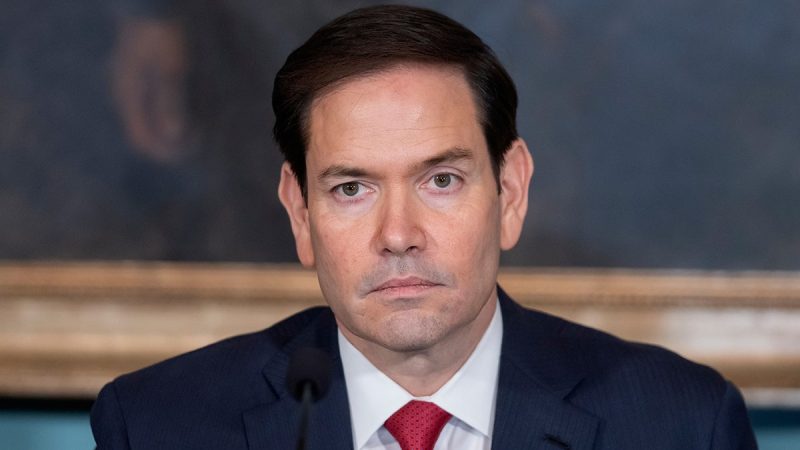Crypto Market Update: Ethereum ETFs Outpace Bitcoin 5-to-1 in Weekly Inflows
Rubio bans overseas outposts commenting on foreign elections unless there’s ‘clear and compelling’ US interest

The State Department will now only weigh in on foreign elections when there is a ‘clear and compelling’ U.S. interest to do so, focusing on strategic significance over spreading democratic values.
‘Consistent with the administration’s emphasis on national sovereignty, the Department will comment publicly on elections only when there is a clear and compelling U.S. foreign policy interest to do so,’ according to a new memo articulating Secretary Marco Rubio’s directive obtained by Fox News Digital.
‘Messages should avoid opining on the fairness or integrity of an electoral process, its legitimacy, or the democratic values of the country in question.’
The memo, first reported by the Wall Street Journal, said the U.S. would ‘hold firm to its own democratic values and celebrate those values when other countries choose a similar path,’ but would continue relationships where ‘strategic interests align,’ instead of focusing on values.
Overseas outposts can still post public messages congratulating the winner of an election without high-level signoff, unless the outcome is contested, but are instructed to focus on the ‘outcome of an election, not the process.’
If a bureau wants to post messages denouncing the process of an election, such as in the case of violence during voting or sham elections, they need a senior-level signoff from the bureau and such permissions will be ‘rare.’
‘DO use messaging on elections to advance a U.S. foreign policy goal,’ the memo read. ‘DON’T use it to promote an ideology.’
Those writing official statements are instructed to ask themselves, ‘Would the president say it?’
The U.S.’ view on an election is closely watched by opposition groups and human rights activitists, and sometimes defines whether a nation is sanctioned or granted foreign aid.
In a speech in Saudi Arabia in May, President Donald Trump said the U.S. would refrain from telling other countries how to manage their domestic affairs, reorienting U.S. policy that prompted interventions across the Middle East for decades.
But still, in some cases, Trump has weighed in on the affairs of other countries: last week he imposed a 50% tariff on Brazil due to the trial of former President Jair Bolsonaro, who prosecutors accuse of trying to overturn the 2022 election results in a violent coup plot.







